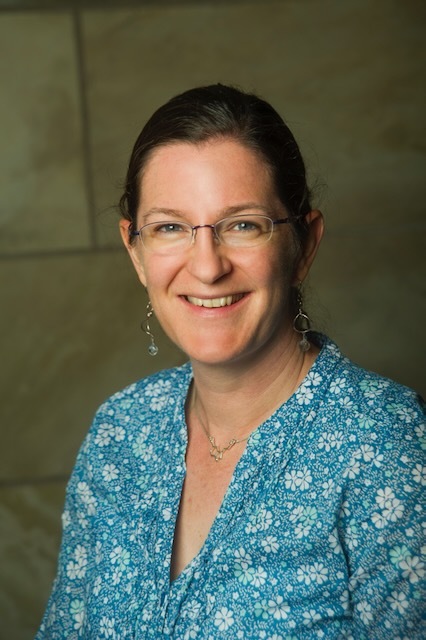Description
Two-stage exams are a tool to measure individual student mastery while also providing a highly-engaging, collaborative learning opportunity. During a two-stage exam, students first take an individual exam and then work together in small groups to answer the same or related problems. The many benefits from the group discussion include students learning from their peers and reporting reduced exam anxiety; instructors appreciate the high level of engagement this approach motivates and the way it complements other active learning elements. In this interview, we discuss how to implement this innovative style of exam with an inclusive and equitable lens.
About the Interviewee
Welcome to SITT! I am an Assistant Professor of Teaching in the Microbiology and Molecular Genetics Department. My scholarly activity is focused on inclusive and learner-centered practices that promote learning, such as collaborative assessment and teaching with undergraduate Learning Assistants.
My goal for this session is to introduce you to two-stage exams, a format in which students first answer the questions on their own (stage 1) and then form small groups that discuss and solve the questions together (stage 2). This format transforms standard exams into a highly-engaging, collaborative learning opportunity.
Please reach out to chat about teaching or collaborate!

